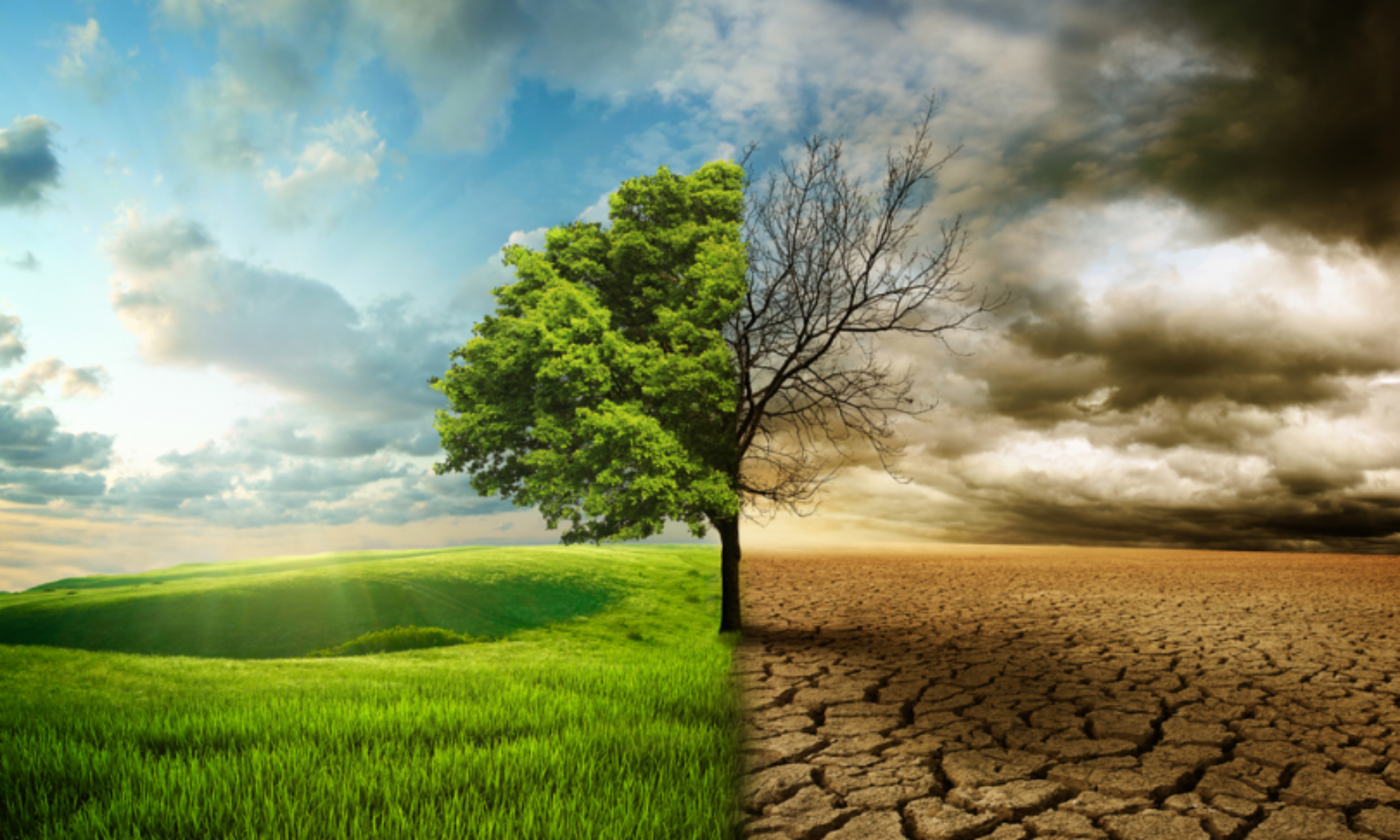Smallholder farmers are among the most susceptible populations to the effects of climate change, but efforts to aid in farmer adaptation are hampered by a lack of knowledge on how they are coping with and adapting to the changes. In order to tailor adaptation programmes to the various contexts of smallholder farmers, more knowledge is required about how different types of smallholder farmers perceive and react to climate change differently.
Smallholder farmers are at great risk due to climate change, which also poses a danger to global advancements in eradicating poverty, ensuring food security, and fostering sustainable development (Vermeulen et al 2012). Around the world, there are 475 million smallholder farmers who work less than 2 hectares of land, many of them are destitute, endure food insecurity, and live in extremely risky circumstances (Lipper et al 2014). Due to their reliance on rain-fed agriculture, cultivation of marginal land, and lack of access to technical or financial assistance that may help them engage in more climate-resilient agriculture, smallholder farmers are particularly vulnerable to climate change (Cohn et al 2017).


Despite mounting evidence of smallholder farmers’ susceptibility to climate change and growing interest in ensuring food security in the face of it (Vermeulen et al. 2012), adaptation efforts are still hampered by a lack of knowledge about how smallholder farmers are coping with and adapting to the change. In order to develop policies, institutional responses, and strategies for smallholder farmer adaptation, policy makers, donors, and practitioners need precise, context-specific data on the effects of climate change that smallholder farmers are experiencing, as well as whether (and how) they are modifying their management strategies to deal with these impacts (Castellanos et al 2017).
Demographics of the family have an impact on farmers’ ability to make wise adaptation decisions. Farm size, income, market accessibility, access to climate information and extension, and animal output also have a favourable impact. In places like Zambia, where small-scale agriculture is essential to economic growth, food security, and local lives, understanding the effects of climate change on smallholder farmers and creating effective adaptation techniques are crucial challenges. Additionally, additional knowledge is required about the variations in smallholder farmer vulnerability and responses across various farming systems and socioeconomic contexts. By examining the factors of adaptive ability, the demands for resilience of smallholder farmers who have the potential to act may be broken down for targeted climate change and intervention.

Biblography
- Vermeulen SJ, Aggarwal PK, Ainslie A, Angelone C, Campbell BM, Challinor AJ, Hansen JW, Ingram JSI, Jarvis A, Kristjanson P, Lau C. Options for support to agriculture and food security under climate change. Environ Sci Policy. 2012. https://doi.org/10.1016/j.envsci.2011.09.003.
- Lipper L, Thornton P, Campbell BM, Baedeker T, Braimoh A, Bwalya M, Caron P, Cattaneo A, Garrity D, Henry K, Hottle R. Climate-smart agriculture for food security. Nat Clim Change. 2014. https://doi.org/10.1038/nclimate2437.
- Lowder SK, Skoet J, Raney T. The number, size, and distribution of farms, smallholder farms, and family farms worldwide. World Dev. 2016. https://doi.org/10.1016/j.worlddev.2015.10.041.
- Morton JF. The impact of climate change on smallholder and subsistence agriculture. Proc Natl Acad Sci. 2007. https://doi.org/10.1073/pnas.0701855104.
- Cohn AS, Newton P, Gil JD, Kuhl L, Samberg L, Ricciardi V, Manly JR, Northrop S. Smallholder agriculture and climate change. Annu Revi Environ Resour. 2017. https://doi.org/10.1146/annurev-environ-102016-060946.
- Holland MB, Shamer SZ, Imbach P, Zamora JC, Medellín C, Leguía E, Donatti CI, Martínez-Rodríguez MR, Harvey CA. Mapping agriculture and adaptive capacity: applying expert knowledge at the landscape scale. Clim Change. 2017. https://doi.org/10.1007/s10584-016-1810-2.
- Donatti CI, Harvey CA, Martinez-Rodriguez MR, Vignola R, Rodriguez CM. Vulnerability ofsmallholder farmers to climate change in Central America and Mexico: current knowledge and research gaps. Clim Dev. 2018. https://doi.org/10.1080/17565529.2018.1442796.
- Harvey CA, Rakotobe ZL, Rao NS, Dave R, Razafimahatratra H, Rabarijohn RH, Rajaofara H, MacKinnon JL. Extreme vulnerability of smallholder farmers to agricultural risks and climate change in Madagascar. Philos Trans R Soc. 2014. https://doi.org/10.1098/rstb.2013.0089.
- Castellanos EJ, Tucker C, Eakin H, Morales H, Barrera JF, Diaz R. Assessing the adaptation strategies of farmers facing multiple stressors: lessons from the coffee and global changes project in Mesoamerica. Environ Sci Policy. 2013. https://doi.org/10.1016/j.envsci.2012.07.003.
